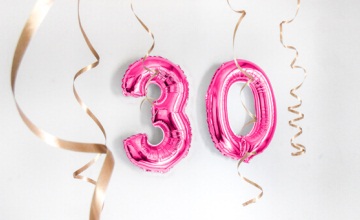Super in your 30s: It’s important to squeeze it in!
If you are in your thirties, chances are life revolves around children and a mortgage. As much as we love our kids, the fact is they cost quite a lot….

If you are in your thirties, chances are life revolves around children and a mortgage. As much as we love our kids, the fact is they cost quite a lot….

Climbing the career ladder, perhaps buying a home and starting a family – the 30s are an exciting stage of life. However, decisions made now can make a big difference…
End of content
End of content